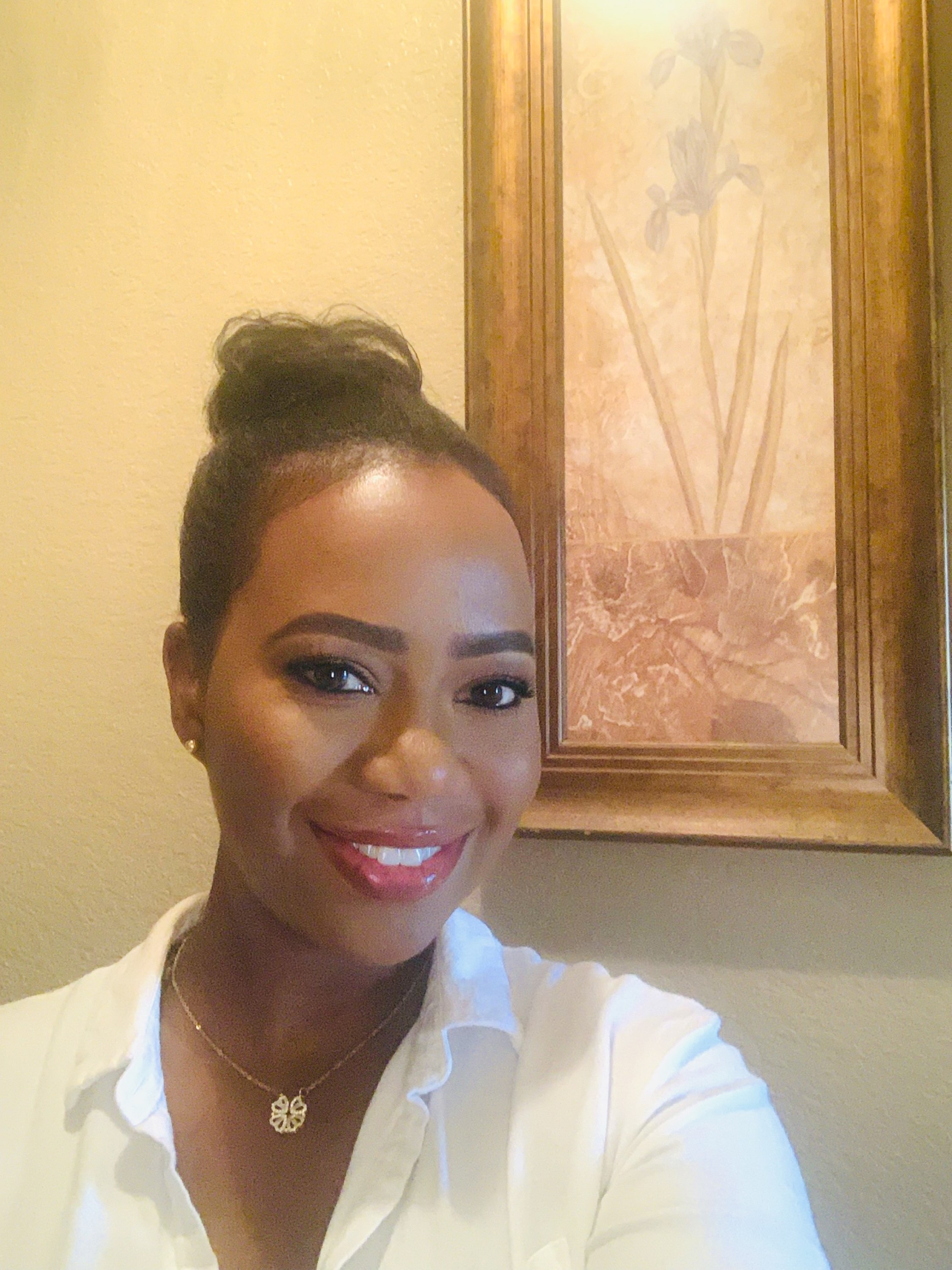3 hours ago5 min read



Updated: Oct 19, 2025

There’s a quiet ache that comes with growing. Not the kind that screams or announces itself, but the kind that shows up in whispers. A favorite place that no longer feels like home. A person you used to tell everything, now a stranger in your phone. Habits that once served you but now just leave you feeling stuck.
Here’s the truth: outgrowing is not betrayal. It’s a natural, necessary part of becoming who you’re meant to be.
For me, some of the people I interacted with when I was younger started to feel... distant.
Like we were speaking different emotional languages. And it wasn’t because I thought I was better than them, it was simply that I had grown. Emotionally, mentally, spiritually.
I had done the work to heal, to evolve, to show up differently. And sometimes, that quiet inner transformation means you no longer connect in the same ways. It’s uncomfortable, but it’s honest.
Letting go doesn’t have to be harsh. In fact, it’s most powerful when it’s done with compassion—for yourself and for what you’re releasing. It’s about honoring where you’ve been while making space for where you’re going. Let’s talk about what it really means to outgrow people, places, and patterns, and how to move on without guilt.
We’re not meant to stay the same. Life nudges us forward, even when we’re not ready. Growth isn’t always loud or visible; sometimes, it’s subtle. You just wake up one day and realize something isn’t aligning with who you’re becoming.
Maybe you’ve:
Started craving deeper, more authentic connections.
Found yourself drained after being in familiar spaces.
Noticed that a certain routine or mindset is keeping you small.
These are signs, not that you’re being difficult or dramatic, but that your spirit is evolving. You’re being called to rise.
And yes, outgrowing can be painful. But it’s not wrong. It's evidence of your expansion.
Let’s talk about the hard part first: people.
It’s natural to change and evolve, and sometimes the people around you don’t change with you. Maybe you’ve healed old wounds and your conversations with certain friends still revolve around drama. Maybe you’ve learned to say no, and someone doesn’t like your boundaries.
Here’s how to let go of people with grace:
Not everyone is meant to stay forever. Some were there for a season, a lesson, or a version of you that no longer exists. That doesn’t make them bad or irrelevant, it just means their chapter in your story may be closing.
Not every shift needs a confrontation. You can slowly create space by being less available, setting clear boundaries, or prioritizing relationships that nourish you. Silence doesn’t have to be cold, it can be a kind way to say, “I’m moving in a new direction.”
Even if it was the right choice, letting go of someone who was once close to you can still feel like a loss. Give yourself permission to miss them, to feel sad, and to heal. Growth doesn’t erase the good times, it just invites you into new ones.

Outgrowing a physical space, whether it’s a town, a job, or even your own home, can feel disorienting. We tie so much of our identity to where we are. But sometimes, we’re called to leave comfort for clarity.
You might be feeling:
Restless in a city that once felt exciting.
Disconnected in a job that once inspired you.
Tense in a home that once brought peace.
That doesn’t mean you’re ungrateful. It means your soul is nudging you toward what’s next.
It’s okay if you don’t feel like you belong in the same places anymore. That discomfort is often your intuition saying, “This season is done.”
Sometimes we cling to old places hoping something will change. But there’s strength in choosing to move on before you hit rock bottom. You don’t have to wait for burnout or a breakdown to make a brave move.
Home isn’t always a zip code, it can be peace of mind, alignment, or wherever your spirit feels free. Let go of the idea that home has to look like it used to. It can evolve just like you have.
If this speaks to where you are right now, you might also appreciate “The Hidden Exhaustion of Always Being ‘Fine’,"a deeper look at emotional burnout, inner disconnect, and finding your way back to yourself.
Let’s talk about patterns. Habits. Mindsets. Stories you’ve told yourself for years. They might’ve once helped you survive. But now? They’re keeping you small.
Maybe you:
Apologize for taking up space.
Say yes when your body is screaming no.
Numb your feelings with distractions.
Avoid risks because safety feels easier.
These aren’t flaws. They’re just outdated strategies. And when you’re ready to grow, they have to go.
You can’t change what you’re not willing to see. Gently call out the habits that are no longer serving you. Say it with compassion, not judgment: “I learned to do this when I needed protection. But now I’m choosing something different.”
It’s not enough to stop an old pattern, you have to give yourself a new one. Swap people-pleasing with practicing honest communication. Trade numbing for nourishing routines. Create a new rhythm that supports who you’re becoming.
Rewiring how you think and live takes time. Some days you’ll default to old ways. That’s okay. Growth isn’t linear. Give yourself permission to be a beginner again.
Letting go isn’t a one-time decision, it’s a daily practice. Here are a few soft ways to do it:
Write a letter you’ll never send- to the person or pattern you’re releasing.
Do a releasing ritual- light a candle, say a prayer, let something symbolic go.
Speak kindly to yourself- through the process: “I’m allowed to grow. I’m allowed to change.”
Surround yourself with support- people, podcasts, books that reflect where you’re going, not just where you’ve been.
Remember: letting go creates space- every goodbye clears room for something truer.
Outgrowing doesn’t make you cold. It doesn’t mean you’re heartless, dramatic, or doing too much. It means you’re becoming. And becoming will always require shedding.
You don’t have to slam doors or burn bridges. You can exit quietly. You can drift peacefully.
You can leave with gratitude.
This isn’t about abandoning your past. It’s about walking toward a future that feels more like you.
So if something no longer feels right, trust that feeling. If you’re outgrowing someone or something, listen to that whisper. And when it’s time to let go—do it gently, but do it fully.
You’re allowed to evolve.
And you don’t have to explain your growth to anyone.
See you at the next post. ❤️
Follow EveryHer on Facebook for gentle reminders, relatable stories, and wellness reflections for every version of you.

Kimberly Ba, APFA-CHWC
Certified Health & Wellness Coach and Wellness Blogger, and the founder of EveryHER Wellness, a space dedicated to helping women find balance, protect their peace, and reconnect with what truly matters in everyday life.


Follow EveryHer Wellness and be part of a community that truly gets it.




Comments